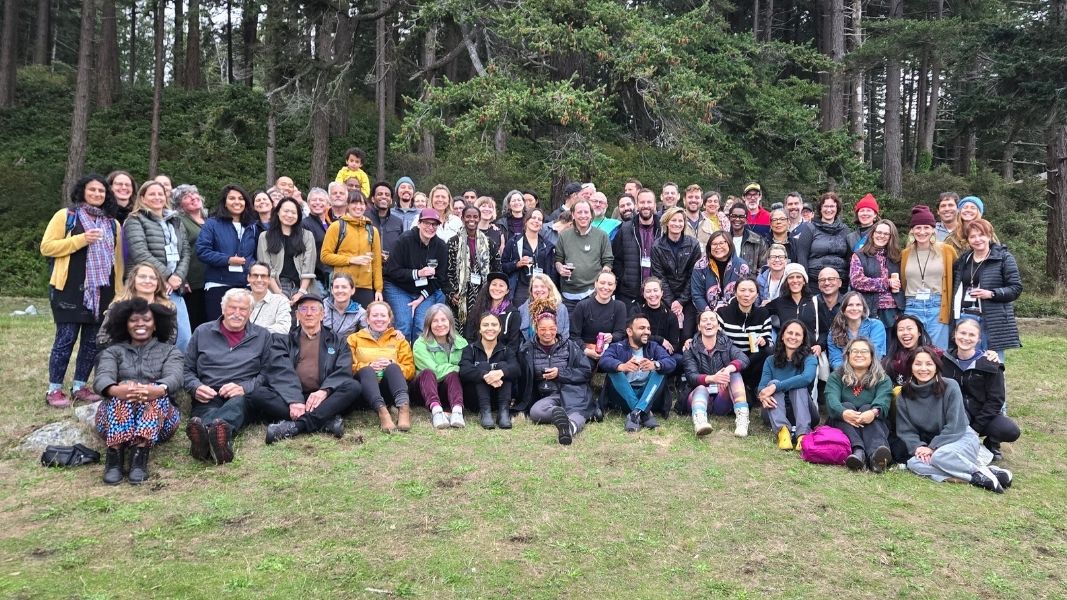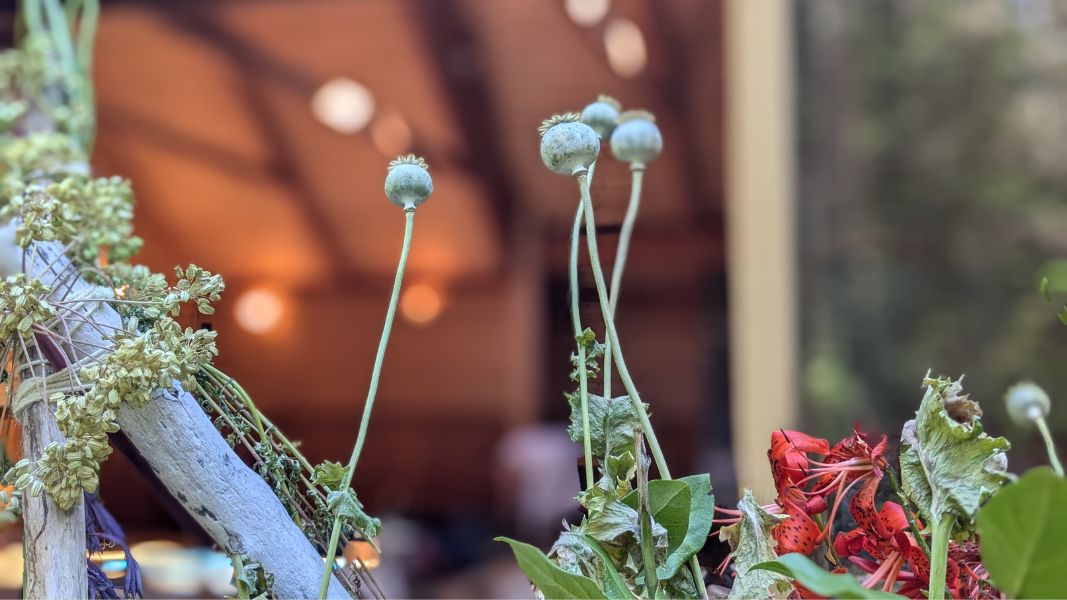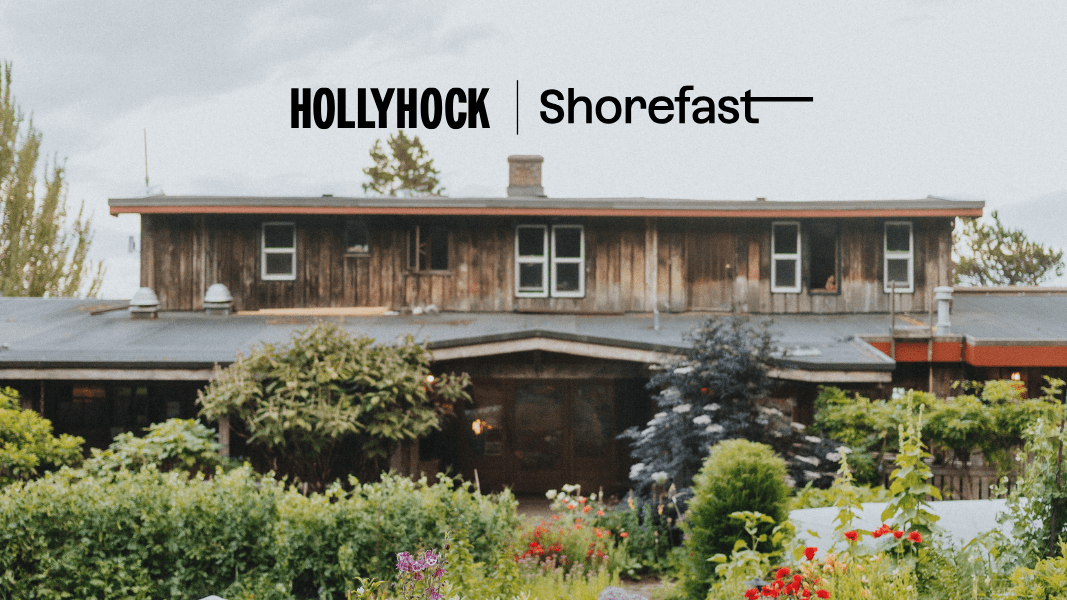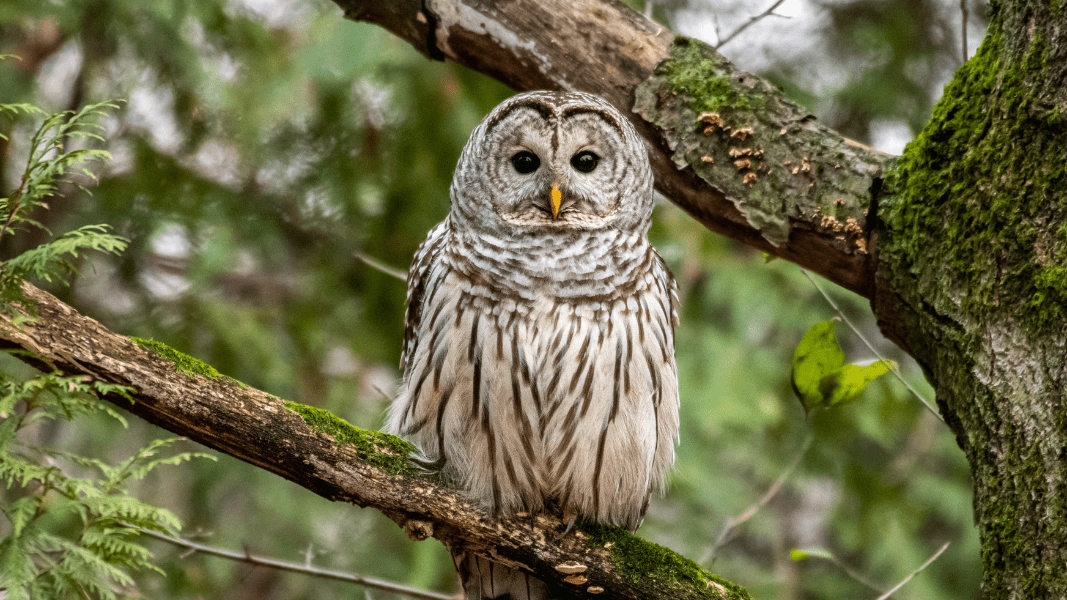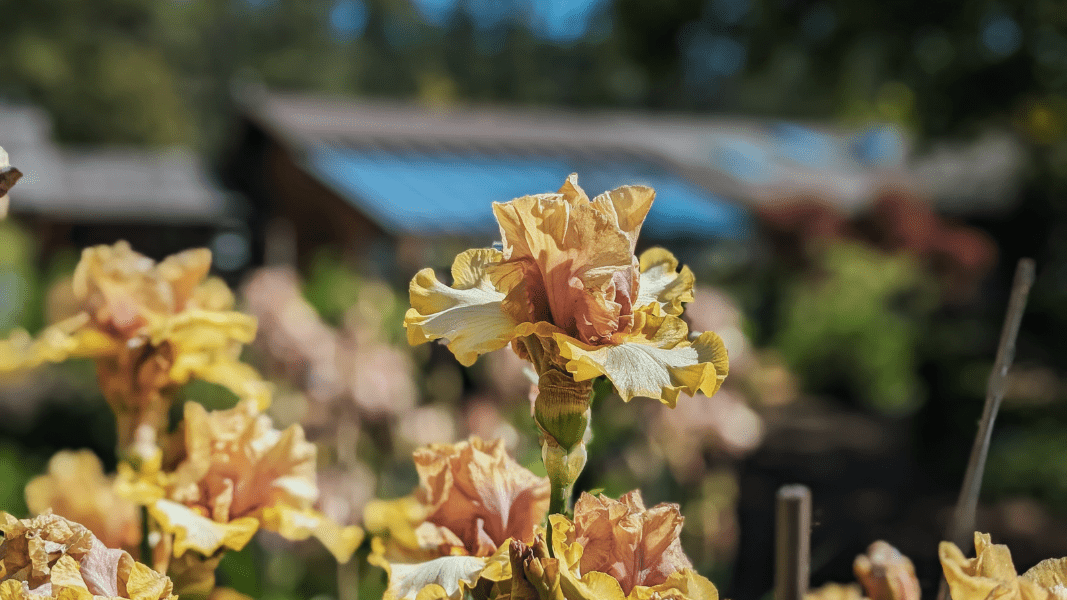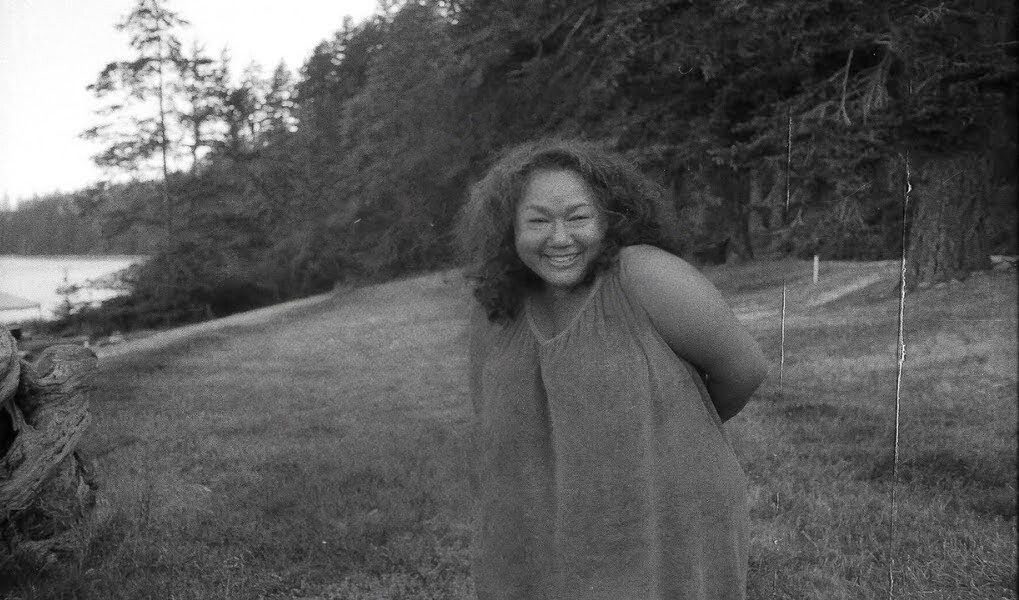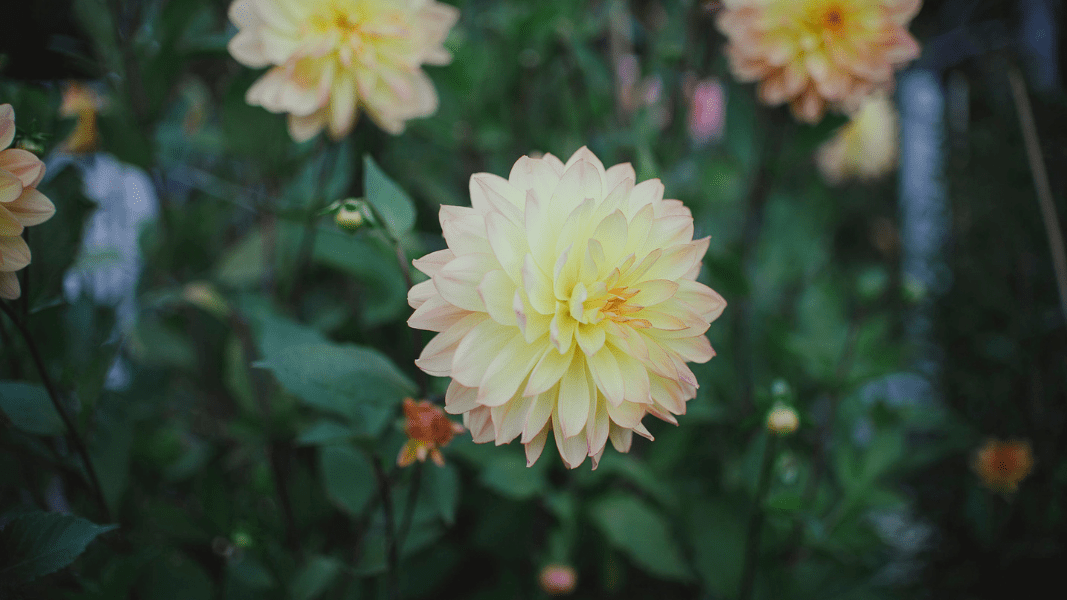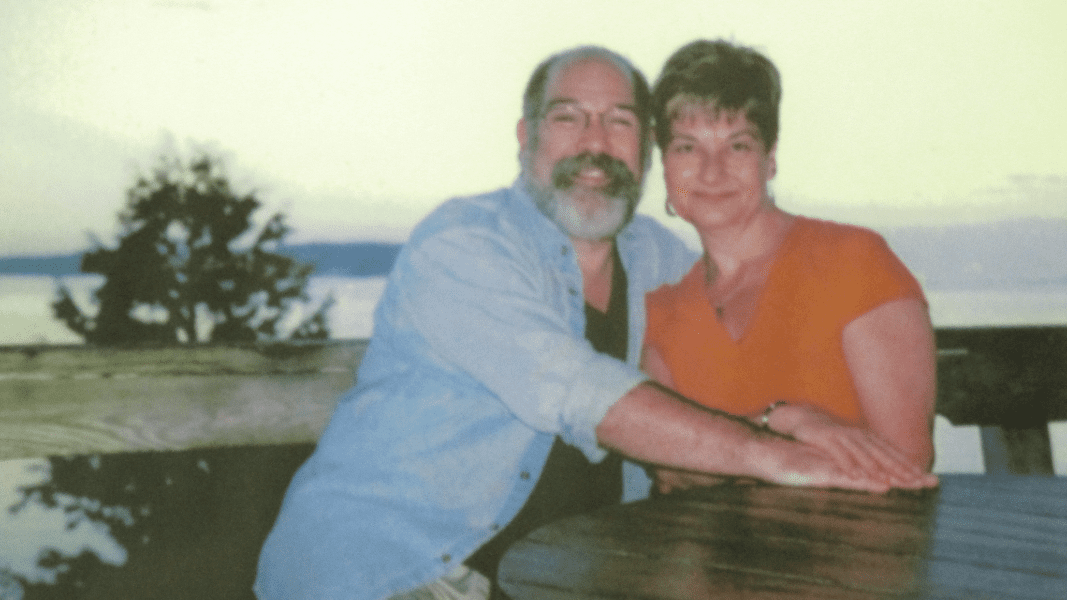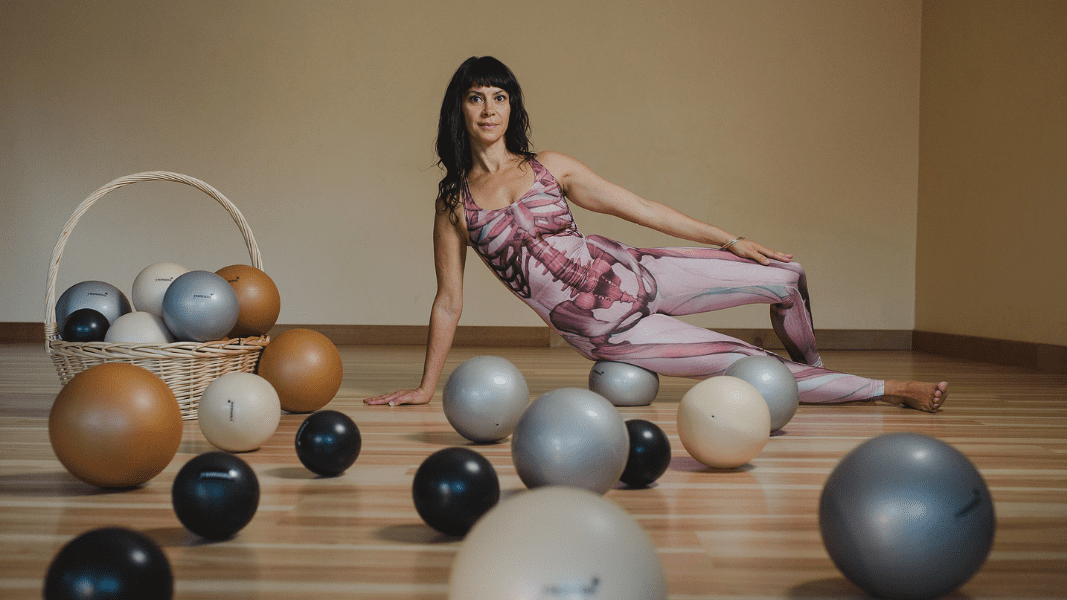fa·cil·i·ta·tion
/fəˌsiləˈtāSH(ə)n/
What does ‘facilitation’ mean to you? Is it a set of professional skills and tools, grounded in experience and delivered as a service to support effective dialogue and enable groups to operate at their very best? Or do you as a facilitator focus on helping groups engage across difference and manage conflict? If so, you likely focus on analysis, careful agenda design and multiple ways of nurturing collaboration. Or does your facilitation practice connote a commitment to collective wellbeing and bridge building, reflecting a set of values-in-action related to peace making, empowerment, shared learning, and social justice?
Whichever of these meanings of facilitation most animate your work, many choice-points and questions remain. In the Advanced Group Facilitation program, two seasoned practitioners draw on decades of facilitation and conflict transformation experience to explore questions including:
- How does the background, cultural identity and social location of the facilitator influence their role or shape how the group engages? How does the “who” of a facilitator relate to effective practice?
- How can facilitators effectively navigate dynamics related to power, identity and privilege?
- What resources are available when it becomes evident that a carefully-constructed agenda is no longer working, and innovation is required? How can these resources be cultivated?
- When uncertainty abounds and when there is no obvious script, how do facilitators improvise?
- What can be done to support groups when they are at an impasse?
- How can facilitators cope with heated emotional conflict, or sudden escalations?
- How does somatic intelligence help facilitators improve their practice?
- What is the role of intuition in facilitation, and can it be cultivated?
- Which resources do facilitators have for addressing secondary trauma – their own and others’?
- When and how can arts-based activities be integrated into facilitation practice, and how can scepticism or resistance to creative approaches be overcome?
Situating the facilitator as a change agent, this program will explore the strengths and limitations of conventional facilitation approaches. Together, we will challenge long-held assumptions related to ‘neutrality’ and framing dialogue and engagement from an often-unarticulated set of cultural assumptions. Building on some of the latest theories from the fields of collaboration, neuroscience, and leadership, participants will be invited to strengthen core capacities including cultural fluency, harnessing intuition, and presence. We will also explore challenges that confront facilitators at different stages of facilitation—during preparation, in the midst of one or more facilitated events, and in the aftermath. Throughout the program, participants will receive coaching and support from the course leaders and from colleagues as they apply new tools and insights to their own facilitation practice, whether in hindsight or as part of their preparations for upcoming projects.
Advanced Group Facilitation runs from June 5-9, 2019 on Cortes Island. Facilitation experience or previous attendance at related training programs is required.
Photo Credit: Amanda Mary Creative


